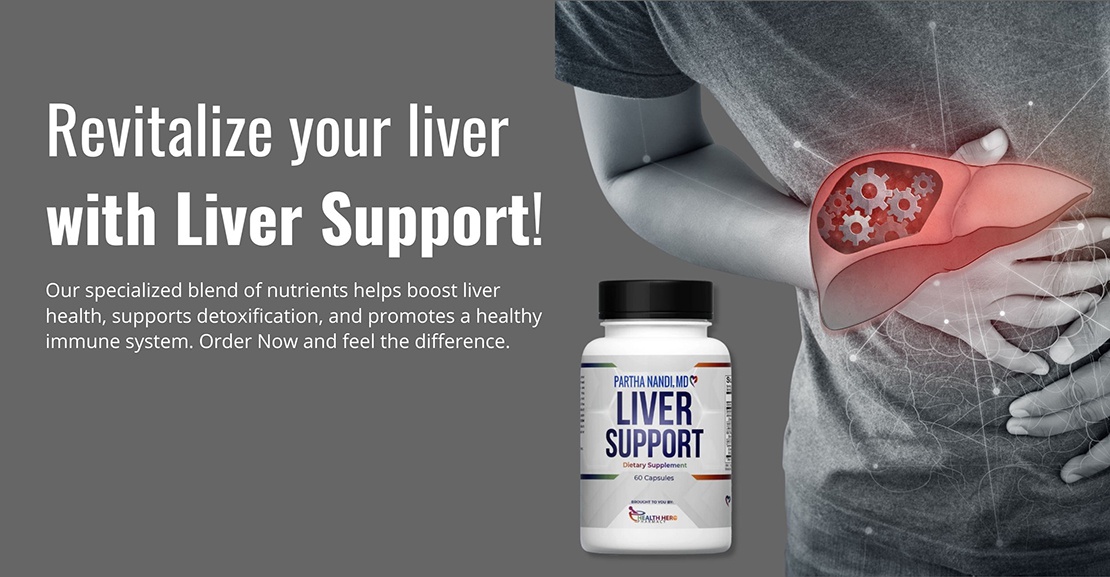According to the World Health Organization, about 55 million people have dementia worldwide. Research also suggests that the risk of dementia increases if you have a first-degree relative with the disease. [1]
Dementia is a term that encompasses a range of cognitive impairments, including memory loss, difficulty solving problems, and other cognitive issues that affect a person’s ability to perform daily activities. It occurs due to damage to brain cells which impairs their ability to communicate with one another, resulting in changes in thoughts, emotions, and behavior.
Alzheimer’s disease is the most common type of dementia. It begins with mild memory loss and may lead to the loss of the ability to converse and respond to the environment. It also affects the parts of the brain that control thought, memory, and language. [2]
Risk Factors for Dementia
The most known risk factors for dementia in most people are age and genetics. But other factors can increase the person’s risk of getting dementia:
- Gender and sex
- Ethnicity
- Cognitive reserve or the brain’s ability to cope with the disease
- Lifestyle (smoking, alcohol use, exercise habits)
- Exposure to air pollution
- Other health conditions [3]
According to the Alzheimer’s Society, people who engage in a variety of healthy habits in their mid-life (aged 40–65) have a lower risk of developing dementia. [3]
Since lifestyle factors are generally modifiable, we can manage to lower the risk of dementia, which we’ll discuss in detail later. But first, let’s find out the link between alcohol and memory loss.
Alcohol and Memory Loss
The hippocampus plays an essential role in the formation and retention of memories. When the normal activity of nerves in this area slows down, short-term memory loss may occur. Alcohol consumption impairs neural communication in the hippocampus, resulting in a decline in short-term memory.
Heavy alcohol consumption not only slows you down but also damages the hippocampus. Alcohol has the ability to damage nerve cells, resulting in short-term and long-term effects on a person’s memory. In addition, people who consume an excessive amount of alcohol are typically deficient in vitamin B-1, also known as thiamine. This vitamin is essential for supplying brain and nerve cells with energy. [4]
Since alcohol affects the body’s use of thiamine, people who drink heavily may not eat a healthy diet and miss out on crucial nutrients. Excessive alcohol consumption can also irritate the stomach lining and affect how the stomach absorbs nutrients. This may lead to vomiting and prevent the stomach and intestines from absorbing nutrients.
Thiamine insufficiency can lead to dementia, characterized by progressive and permanent memory loss. [5]

Can Alcohol Consumption Increase the Risk of Dementia?
Excessive alcohol intake over time can lead to brain damage and increase your risk of developing dementia. Moderate alcohol use, on the other hand, has not been definitively related to increased dementia risk, nor has it been proven to provide considerable protection against developing dementia.
Studies by Alzheimer’s Disease International and the National Institute for Health and Care Excellence (NICE) found that people who drank heavily or binge-drank were more likely to develop Alzheimer’s disease or another form of dementia than those who drank moderately. [6, 7]
A systematic review of past studies from 1994 to 2019 confirms this, revealing that high-level alcohol consumption (defined as more than 14 drinks per week) is linked to an increased risk of dementia, reduced brain volume post-mortem, and MRI signs of brain damage.
However, the link between moderate alcohol consumption and dementia risk is not clear. Some studies suggest that there may be a connection, but others don’t. It’s also important to consider that drinking alcohol can cause damage to other parts of the body and increase the risk of addiction.
Additionally, there’s no evidence to suggest that cutting down on alcohol intake in older age would reduce the risk of dementia. More research is needed to understand the relationship between alcohol and dementia, including a study that looks at the effects of alcohol in a controlled environment. [8]
According to current evidence, adopting a healthy lifestyle is the best approach to lowering your risk of dementia and other long-term health concerns. This includes not only drinking in moderation but also not smoking, getting lots of exercise, and eating a healthy, balanced diet.
Other Drinking Habits to Avoid to Lower Risk of Dementia
A study published in Metabolism found that persons at risk for dementia can take a proactive approach by addressing modifiable risk factors such as hypertension, obesity, type 2 diabetes, insulin resistance, hypercholesterolemia, sedentary lifestyle, and current cigarette smoking. [9]
The quality of your diet heavily impacts these risk factors and your risk of dementia. Just as you need to be careful with what you eat, it’s vital to keep track of bad drinking habits that can cause your brain to age more quickly.
Aside from alcohol, dietitians recommend keeping these drinking habits in check to reduce the risk of dementia:
- Sugary Beverages
In addition to minimizing alcohol consumption, avoiding sweetened beverages is critical for brain health. Sweet drinks contain many empty calories, leading to weight gain and obesity, insulin resistance, type 2 diabetes, hypertension, and increased lipids.
According to research published in The Journal of Prevention of Alzheimer’s Disease, people who drank one to seven servings of sugar-sweetened beverages each week were 191% more likely to develop Alzheimer’s disease than those who drank none. Furthermore, those who drank more than seven sugary drinks each week were more than 250% more likely to develop Alzheimer’s disease.
- Diet Drinks
If you’re thinking of switching that sugary drink with a can of diet, don’t think you’re off the hook just yet. Artificially sweetened soft drinks raise the risk of ischemic stroke, all-cause dementia, and Alzheimer’s disease, as revealed by a study published in Stroke.
The study looked at about 4,000 middle-aged and older adults who had their food intake and health outcomes tracked for roughly a decade. Participants in the study who reported drinking more than one diet beverage each day had around three times the risk of dementia as those who reported drinking none at all. [11]

- High-Fat Beverages
Drinks high in saturated fat are another group of beverages to restrict or avoid. These include creamy milkshakes or smoothies prepared with whole milk, whole milk yogurt, and high-fat recovery beverages.
According to research, the Mediterranean diet pattern can help minimize the risk of cognitive decline and dementia risk. Make sure to drink water, coffee or tea, 100% vegetable juice, and other low or no-calorie liquids. [12]
My Personal RX: The Power of Making Conscious Food and Drink Choices
Adopting a healthy lifestyle begins with making conscious choices about the food and drinks we consume. Not sure where to start? Our Toxic Ingredients Guide is a great resource to help you navigate what foods to include in your diet and which to avoid. And the best part is, it’s free!
To give your brain an extra boost, consider taking Omega-3 Fish Oil supplements as part of your daily routine. Additionally, you can get weekly health and wellness tips straight to your email by subscribing to Dr. Partha Nandi’s newsletter.

Sources:
- Risk of dementia in first-degree relatives of patients with Alzheimer’s disease and related disorders
- What is Alzheimer’s Disease? | CDC
- Risk factors for dementia
- Thiamin Deficiency – Disorders of Nutrition – MSD Manual Consumer Version
- Vitamin B1 (thiamine) and dementia – PMC
- World Alzheimer Report 2014
- Dementia, disability and frailty in later life – mid-life approaches to delay or prevent onset | Guidance | NICE
- Alcohol and Dementia – What is the Link? A Systematic Review – PMC
- Preclinical sporadic Alzheimer’s disease: target for personalized diagnosis and preventive intervention – Metabolism – Clinical and Experimental
- Sugar in Beverage and the Risk of Incident Dementia, Alzheimer’s disease and Stroke: A Prospective Cohort Study | The Journal of Prevention of Alzheimer’s Disease
- Sugar- and artificially-sweetened beverages and the risks of incident stroke and dementia: A prospective cohort study
- Nutritional prevention of cognitive decline and dementia – PMC





















